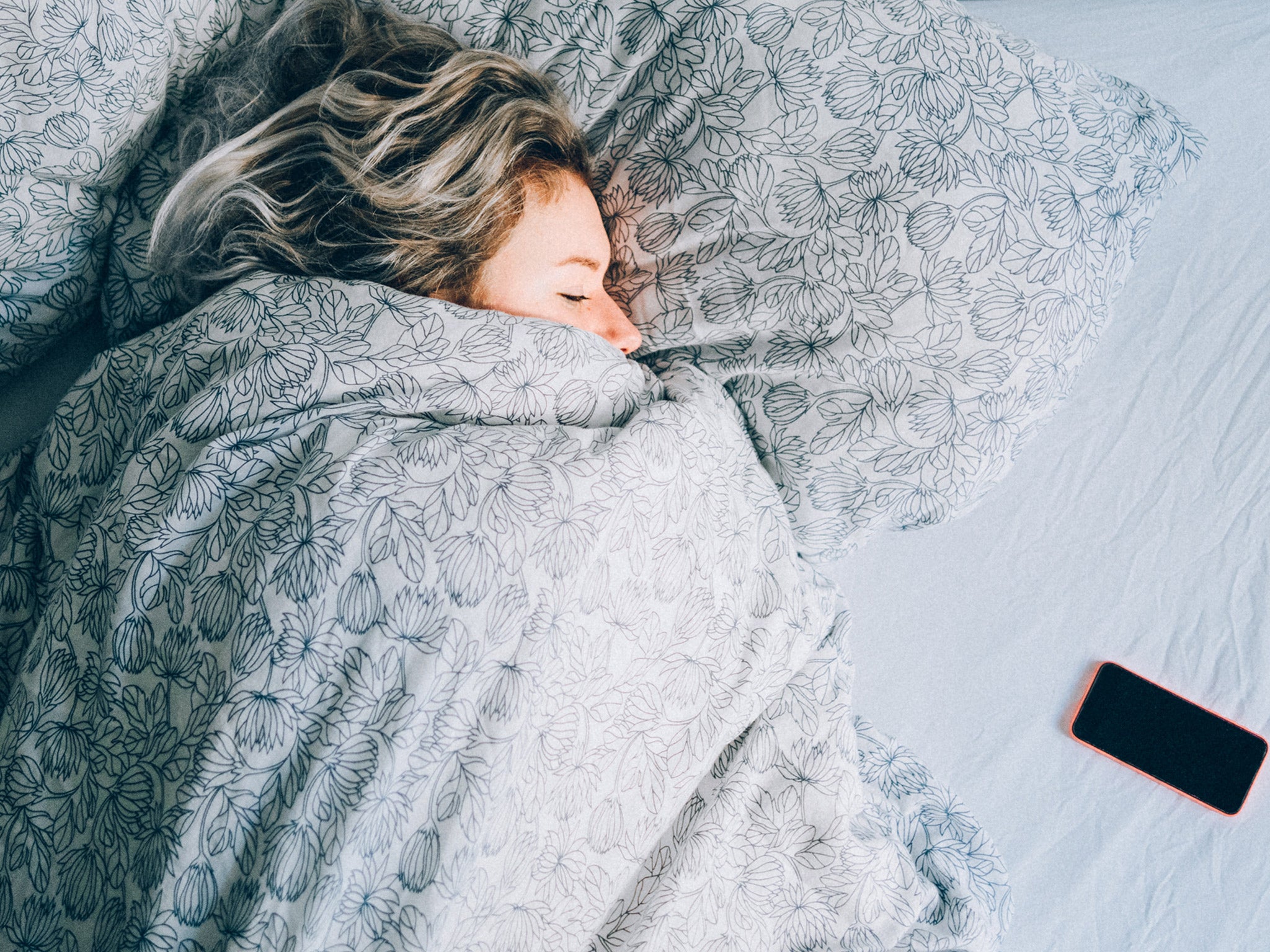Artificial light could be making us prematurely frail
'We used to think of light and darkness as harmless'

Your support helps us to tell the story
From reproductive rights to climate change to Big Tech, The Independent is on the ground when the story is developing. Whether it's investigating the financials of Elon Musk's pro-Trump PAC or producing our latest documentary, 'The A Word', which shines a light on the American women fighting for reproductive rights, we know how important it is to parse out the facts from the messaging.
At such a critical moment in US history, we need reporters on the ground. Your donation allows us to keep sending journalists to speak to both sides of the story.
The Independent is trusted by Americans across the entire political spectrum. And unlike many other quality news outlets, we choose not to lock Americans out of our reporting and analysis with paywalls. We believe quality journalism should be available to everyone, paid for by those who can afford it.
Your support makes all the difference.Artificial lighting could be making us frail, withering muscles and making bones more fragile, according to a new study.
Researchers kept mice under a constant light for six months – a torture technique used by the security services around the world.
When the mice were examined, they were found to be suffering from muscle loss and the early signs of osteoporosis, while their immune system appeared as if it was reacting to an infection.
The bottom line, the academics said, was that the natural cycle of day followed by night matters to animals.
Professor Johanna Meijer, of Leiden University Medical Centre in The Netherlands, who led the research, said: “We used to think of light and darkness as harmless or neutral stimuli with respect to health.
“We now realize this is not the case based on accumulating studies from laboratories all over the world, all pointing in the same direction.
“Our study … showed that the absence of environmental rhythms leads to severe disruption of a wide variety of health parameters.”
However a paper about the study, published in the journal Current Biology, reported that the mice recovered after they were switched to natural light.
“The good news is that we subsequently showed that these negative effects on health are reversible when the environmental light-dark cycle is restored,” Professor Meijer said.
The researchers said that light exposure should be taken into consideration, particularly for elderly and vulnerable people.
About 75 per cent of the world’s population is exposed to light during the night and constant light exposure is common in intensive care units. The problem could also affect night-workers.
“Possibly this is not surprising as life evolved under the constant pressure of the light-dark cycle,” Professor Meijer said.
“We seem to be optimized to live under these cycles, and the other side of the coin is that we are now affected by a lack of such cycles.”
Join our commenting forum
Join thought-provoking conversations, follow other Independent readers and see their replies
Comments